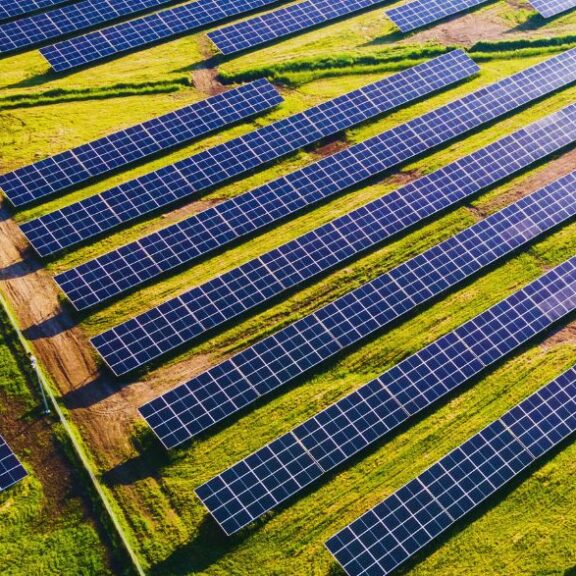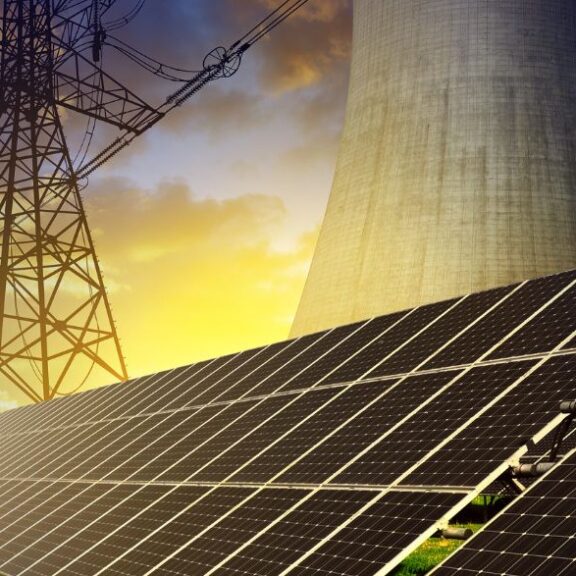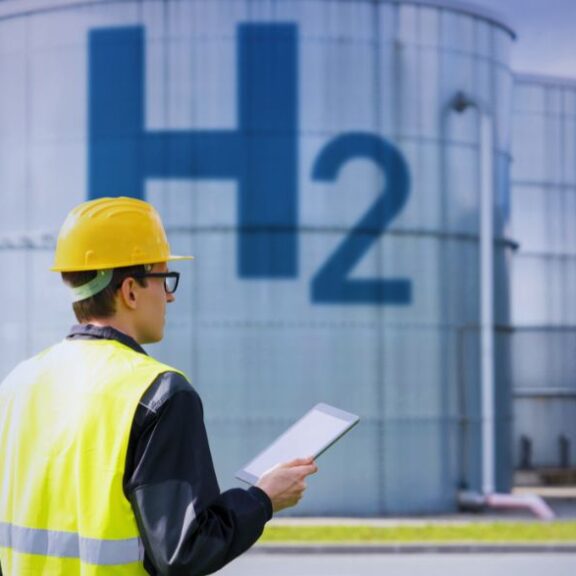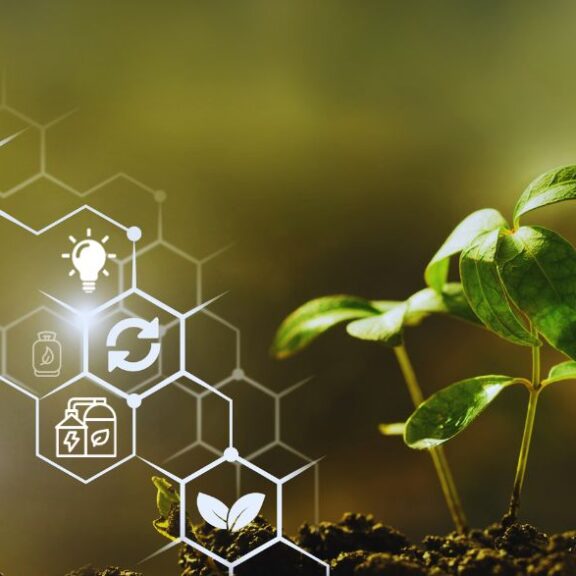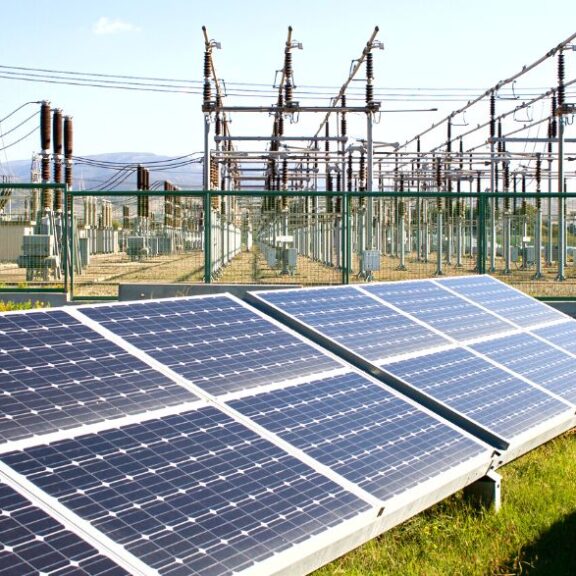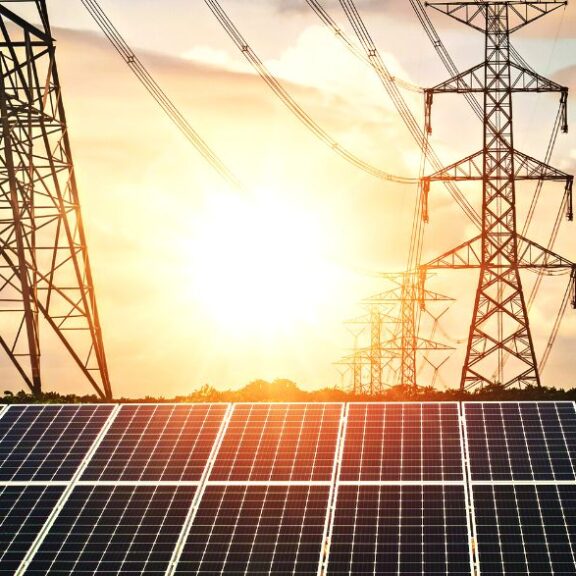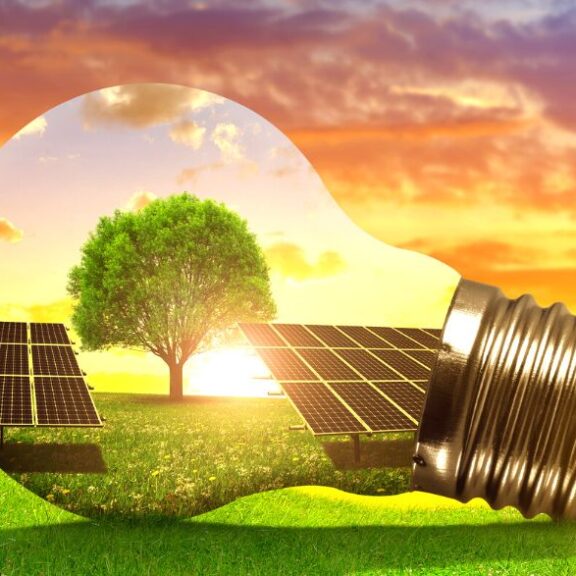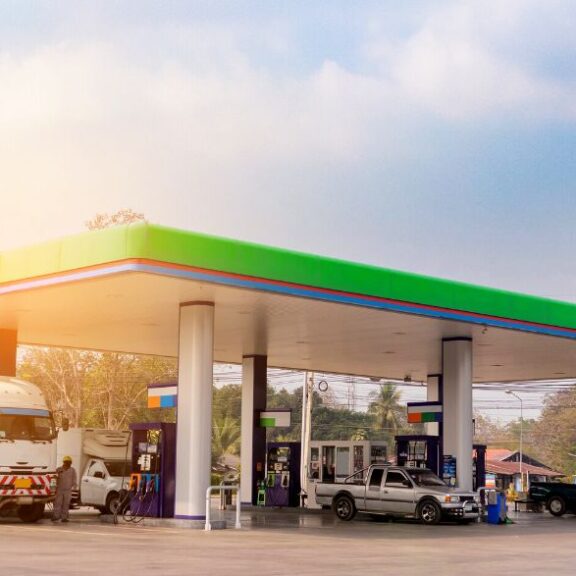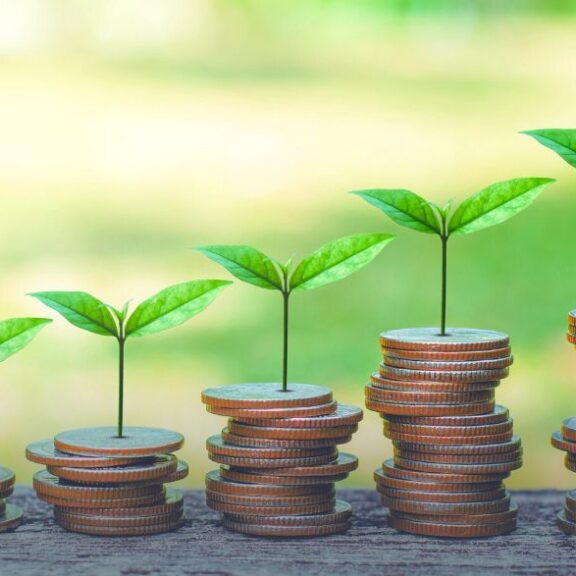Current state of the Brazilian energy matrix
The Brazilian energy market, particularly with regard to renewable energy, represents a field of constant evolution and significant importance. Brazil, recognized for its predominantly renewable energy matrix, has shown a strong and growing commitment to sustainability and energy transition initiatives. This article aims to explore and elucidate the current dynamics, challenges and future perspectives of the renewable energy sector in Brazil.
